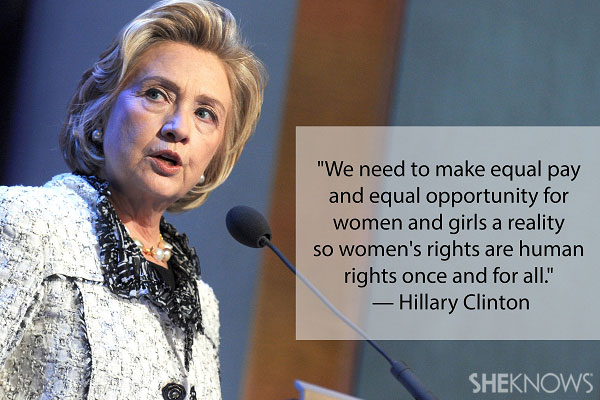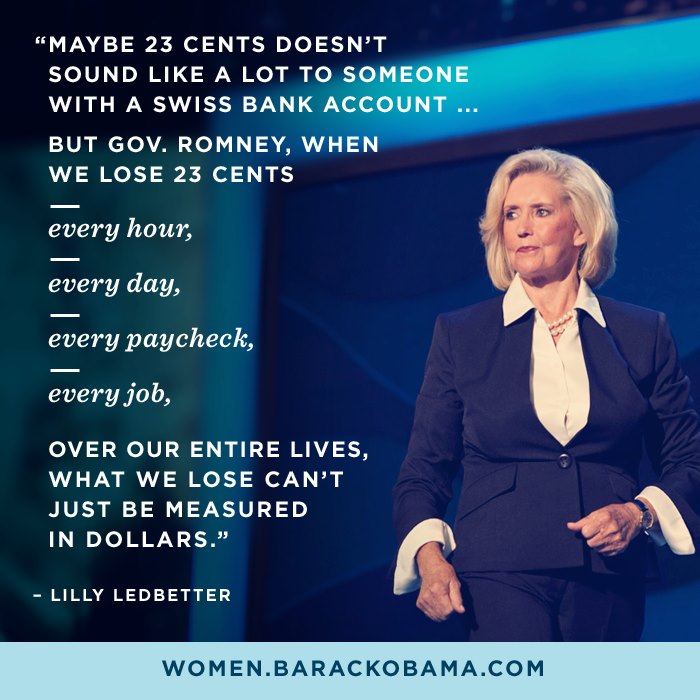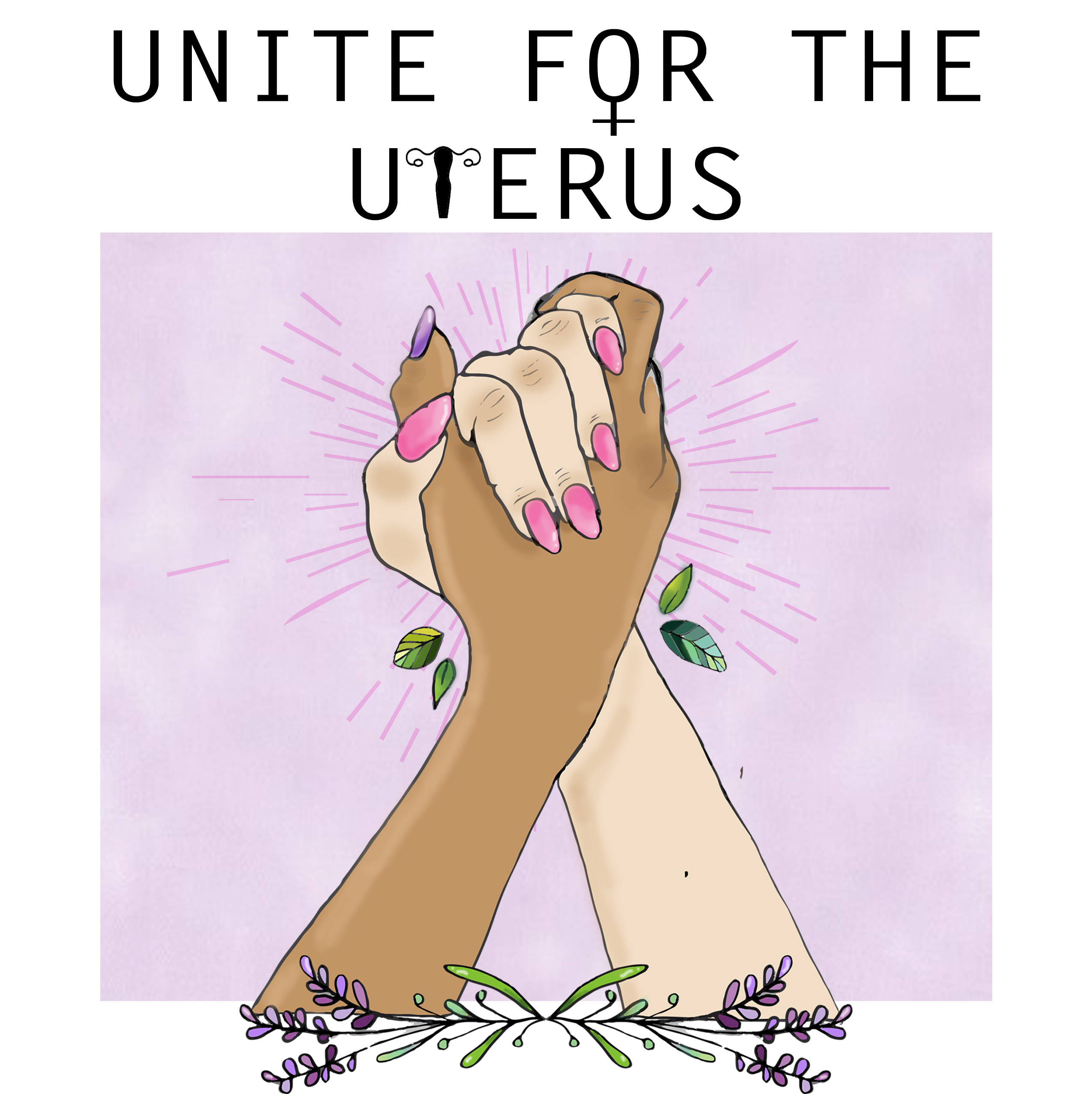“Today, women make up half of the U.S. workforce, but the average working woman earns only 77 percent of what the average working man makes. But unless women and men both say this is unacceptable, things will not change.” – Beyoncé
The wage gap is a real thing people. For some reason it seems to continuously get less and less attention because it does seem to be decreasing for white women. Women overall lose out on more than $400,000 over the course of their careers, but most women of color are shorted more than double that. Right now the rate is teetering at about 20%. Which means that for every dollar that a man makes, a woman makes about 80 cents. This is a completely generalized statement that does not consider race, geography or immigration status. However, it isn’t all completely bad news, femme forward bad asses are paving the way for the gap to slowly disappear and much like women suffrage, LGBTQI rights and the civil rights movement, all good things take time. Here at Unite for the Uterus we believe in unity. We would like to give a shout out to a few of the women that have helped to make our paychecks a little fatter and our hearts much more full!

Viola Davis explains why equal pay just makes sense.
An advocate for equal pay in Hollywood, Viola Davis is not using the spotlight to merely accept her Emmy’s and move on. Instead, Ms. Davis is advocating for human rights all across the globe, including equal pay. As an actress of color she isn’t even concerned about men and making the same amount as they are yet, she feels like she should be making just as much as white women in her industry. Davis is a hero in this realm because she does not just use her stardom for stardom’s sake, but instead uses it as a platform to promote ideas such as equal pay for all, health and medication activism for people living poverty, and total equality for people of all races and genders. “I always feel like I’m motivated by the child in me that lived in poverty,” Davis tells a reporter from Mashable. Using the experiences of her youth Davis is a part of the movement to help all people receive equal pay for equal work.

Rosa DeLauro on Kennedy’s equal pay legislation
Rosa DeLauro has fought for issues such as equal pay, paid family leave and affordable child care her entire career. Her dream is to live in a country (and a world) where the monetary value of the women is equal to the value of men. DeLauro argues that conservatives in government may have their heads buried in the sand, but the gender wage gap is not a myth. Study after study from economists, experts and the Government Accountability Office have demonstrated that women are being paid less than their male colleagues for the same work across age, occupation and education level. The 23-cent gap between men’s and women’s earnings can be only partially explained away by occupational choices; differences in the number of hours that men or women work or other such factors. For example, men out-earned women in 19 of the 20 most common occupations for women, according to a 2012 analysis of occupation and wage data from the Bureau of Labor Statistics, as well as 19 of the 29 most common occupations for men.

Emma Watson on a person’s position not impacting the wage gap.
As rough as it is to come to terms with, in our digital age Hollywood stars seem to get most of the attention. While politics are center stage during election time, Hollywood is never off camera and these stars are constantly setting examples for young women all across the country. A heroine example of activism for women’s rights in that community is Emma Watson. The young actress was disgusted at how women were being portrayed around the world that she had to take a one year sabbatical to broadcast her ideas about feminism and make a real difference. She took this year to go on many shows and do interviews expressing her views about how corrupt the system is and how it doesn’t matter who you are or where you’re from, or what your occupation may be, no one is being paid equally and it needs to change.

Hillary Clinton on equal pay and human rights.
Arguably one of the most influential women in Washington, Hillary Clinton has fought for the rights for women for decades. She has built a career on proving that women can do anything and has served as a role model for young girls around the world. Regardless of her result in the most recent presidential race she presented a concession speech that brought many around the world to tears. Empowering young girls to not look at this as a defeat of their character but to believe that they can accomplish anything they set their mind too. In regards to her thoughts on the wage gap, Clinton has pointed out several parts of the wage gap that mirror the glass ceiling ideology. As men get older promotions increase, as women get older they are left behind. A proud supporter of the Paycheck Fairness Act, Clinton believes that workers who discuss their pay can’t be fired or retaliated against for learning about their co-workers’ salaries. Clinton said equal pay was just one part of her larger agenda of economic equality plan for women workers. Her activism throughout her life makes her a hero for little girls and working women everywhere.

Lilly Ledbetter on the wage gaps effects over time
Lilly Ledbetter is THE PIONEER of equal pay for women in the United States. Her bill the Fair Pay Act of 2009, was the first bill signed into law by president Barack Obama (also an intense activist for equal pay for the sexes). Lilly Ledbetter, now 78, worked for Goodyear Tire and Rubber for 19 years. By 1997 she was the only woman working as an area manager at a plant in Gadsden, Alabama. She was also, as she was to find out, the lowest-paid. Ledbetter earned $3,727 per month, but her male colleagues were being paid much more for the exact same job—the lowest-paid male area manager made $4,286 a month, and the highest-paid made $5,236. Frustrated and disgusted by this unfair treatment, Ledbetter stood up for herself and spoke out. Her complaint became an employment discrimination suit that was eventually settled by the Supreme Court in 2007. But she didn’t stop there, when Ledbetter received a large settlement for the discrimination she experienced she continued her fight to make sure no other woman would be subject to that discrimination. It is because of Ms. Ledbetter that a law now exists prohibiting sex-based wage discrimination between men and women in the same establishment who perform jobs that require substantially equal skill, effort, and responsibility under similar working conditions.
Ladies and Gentlemen, the queens of our progress.


